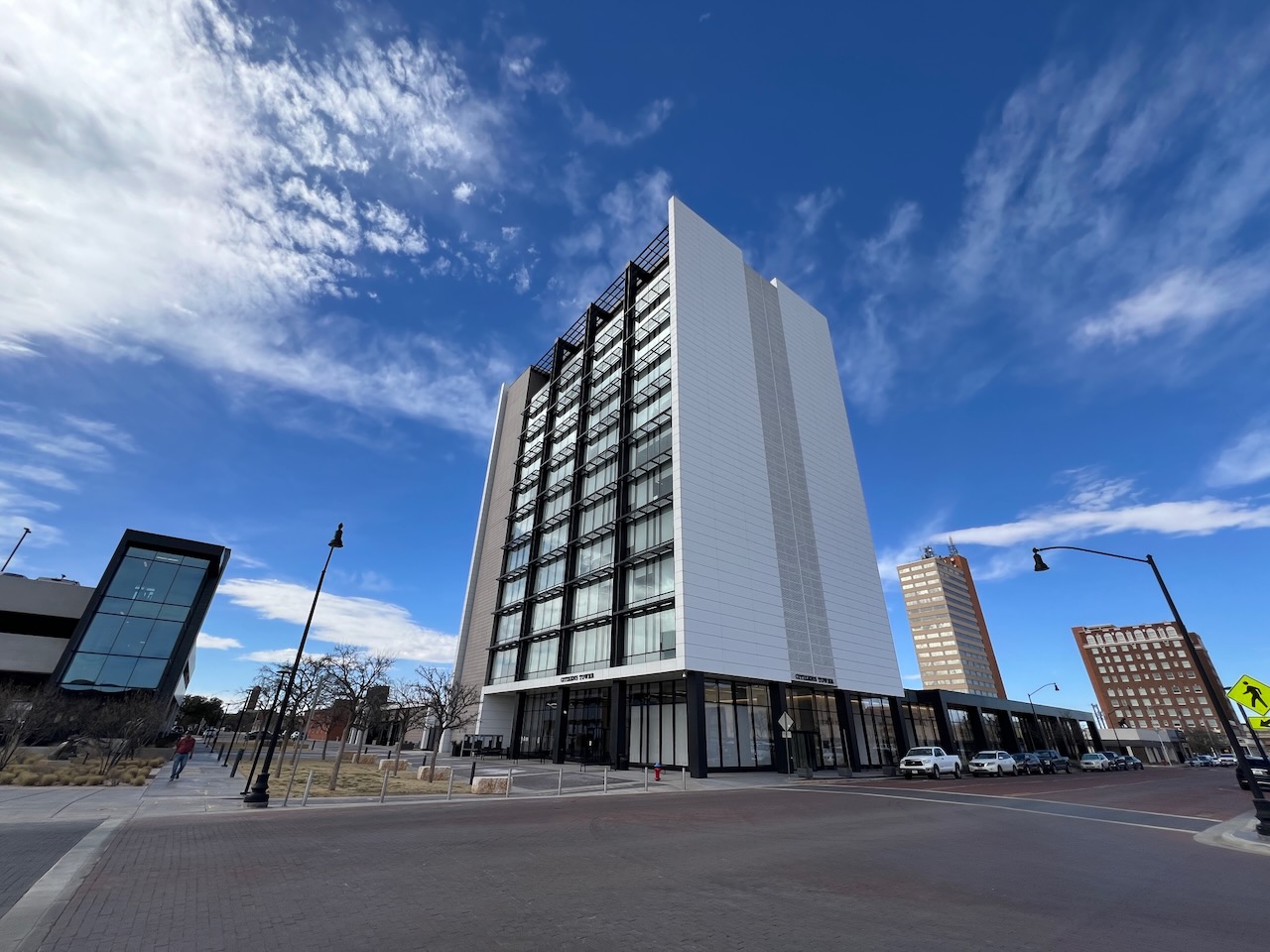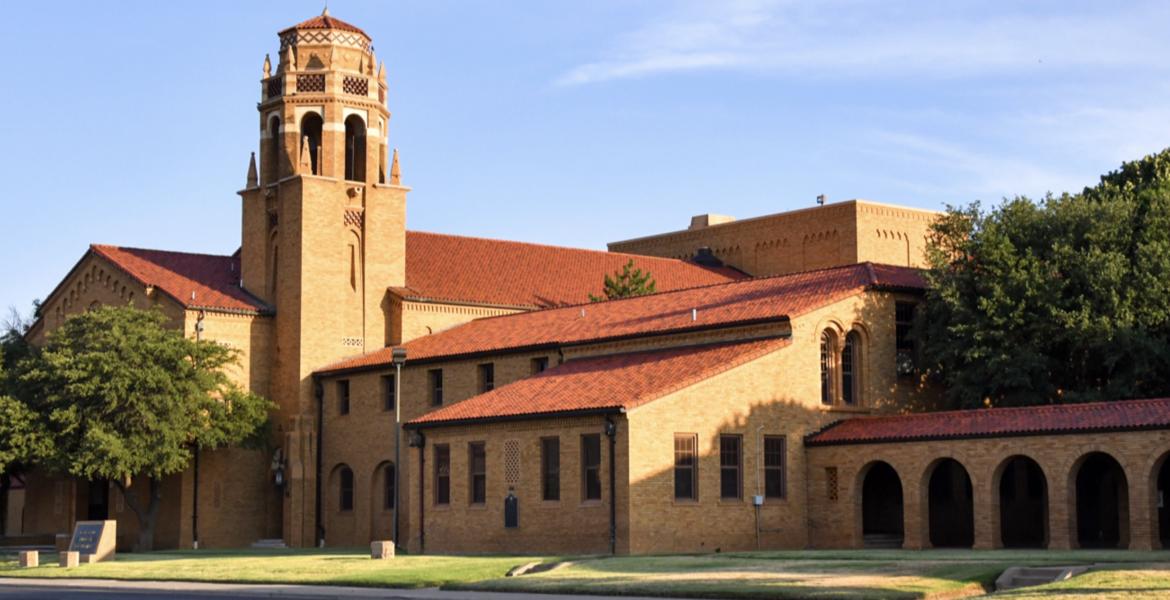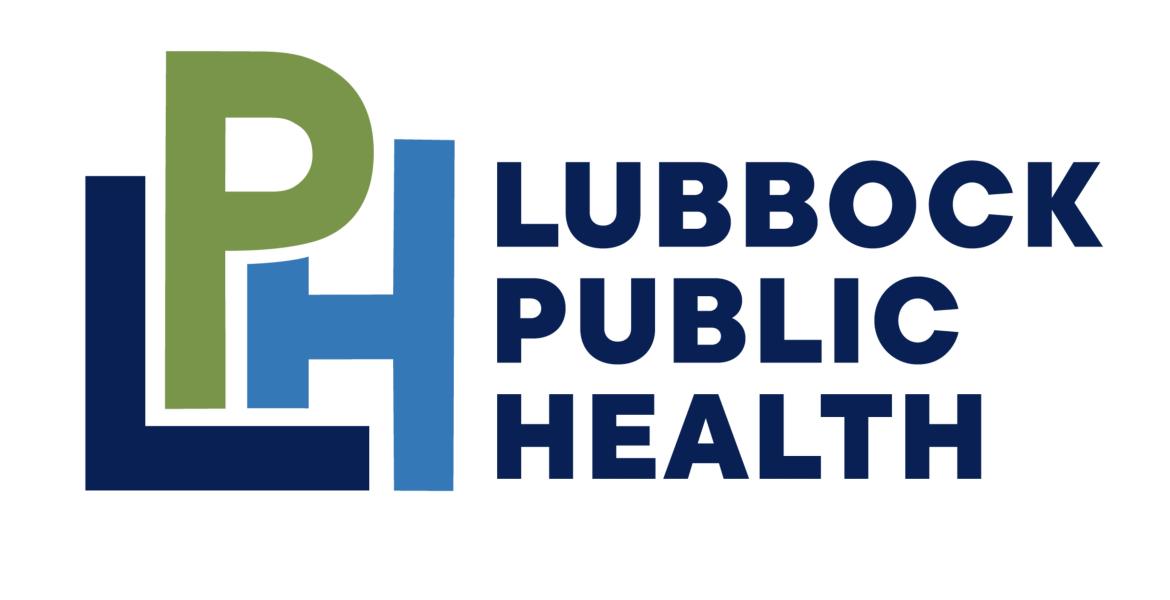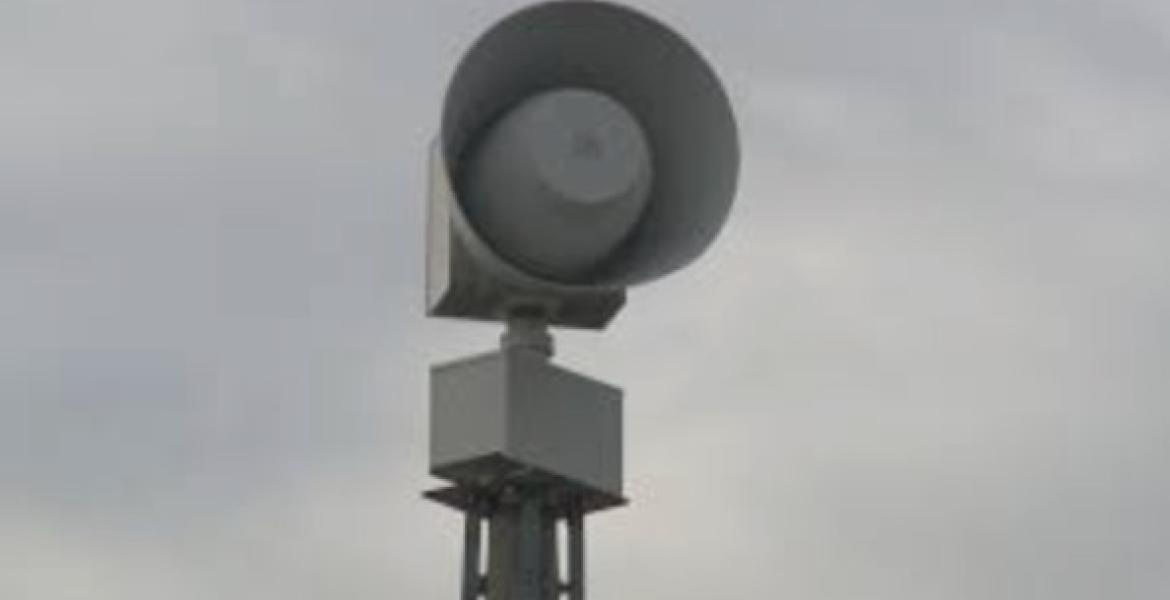LUBBOCK, TX — The City of Lubbock is considering plans to subsidize the repairs of homeowners’ private sewer lines at a cost of $2,500 per line. If the city council enacts the program as proposed, it could cost taxpayers $2.5 million a year, as approximately 1,000 private sewer line repairs are completed each year, city staff estimated.
Called a “private sewer lateral,” this term refers to the sewer pipe that extends from the house through the residence’s backyard to the alleyway where the city sewer line is located. A residence’s private sewer lateral is connected to the public sewer pipe in the public right-of-way or alley with a sewer wye, tee, or tapping saddle connection.
Late last year, the Lubbock City Council, hearing concerns from city staff that 50 percent of pipeline maintenance time by city work crews was focused on private laterals, enacted a new ordinance that shifted the financial burden of fixing private sewer laterals to the homeowner. The city would no longer fix these lines for free.
There was an uproar. Chief among the complaints was that the city right-of-ways in back alleys were frequented by city garbage trucks, and certainly, trips by those heavy trucks were breaking the private sewer lateral connections underneath. And, of course, there was the cost of fixing a private lateral, estimated in today’s city council meeting to average about $3,500 to $4,500 per connection.
With that, the city council asked city staff to organize an ad hoc committee of 10 private citizens, of which four were to be licensed plumbers, to study the issue and propose a solution. The proposal for a one-time $2,500 subsidy for each homeowner’s next private line repair was the committee's recommendation following a series of 10 meetings between May 2 and July 3. The committee did not recommend a subsidy for commercial or industrial properties.
City Engineer Lloyd Franklin, who heads public works, said the $2,500 proposal only covers repairs of the portion of the private lateral that is physically present within the public right-of-way. The portion of the lateral from the homeowner’s property line to the house or structure is always the homeowner’s financial responsibility.
Jeff Reece, the chairman of the ad hoc committee, told the council that the failure of many private sewer laterals was not caused by the heavy garbage trucks. Rather, he explained, many of Lubbock’s homes built up until the early 1960s used cheap Orangeburg pipe for the private sewer lateral.
Orangeburg pipe, originating in the late 19th century, is made of layers of ground wood pulp and asbestos fibers compressed and bound by a water-resistant adhesive, then impregnated with liquefied coal tar pitch. At the meeting, Franklin described the pipe as no stronger than the cardboard center from a roll of paper towels dipped in tar. PVC pipe replaced the use of Orangeburg in the modern era. Yet, when old Orangeburg pipe collapses, it causes a failure of the private sewer line. If the collapse happens in the right-of-way, up until last year’s ordinance passed, the city repaired it as best it could free of charge. Reece explained that allowing the failure to remain in disrepair poses a public health problem for the neighborhoods.
District 5 Councilwoman Dr. Jennifer Wilson was the first to bring up the cost of the proposal towards the end of the question-and-answer period. Franklin could not provide an exact comparison of how much it costs for city work crews to continue to make the repairs, but the crews are a fixed cost, unlike the proposed $2,500 subsidy. A mention was made that extra staff, new hires, personnel culled from current positions, or possibly a whole new department could be required to manage the subsidy program. The $2.5 million annual program could grow like cancer in the city's financials.
Having the government pay for private-sector sewer lines presents a moral hazard. Yet, some will argue, including Reece, that when city crews fix private sewer laterals for free, that hazard already exists. He said his committee sees joint responsibilities for the problem of both the homeowner and the city. After all, the alleyways today carry more than just the water and sewer lines. Electricity, cable, and Internet fiber also run down those alleyways, and the companies utilizing those right-of-ways are paying big bucks to the city in franchise fees.
Franklin said he surveyed other cities in Texas to see how the sewer line problem is handled elsewhere. The committee did not address it, but many cities recommend specialized insurance that costs the homeowner around $15 per month. Often, the city will negotiate a volume discount with an insurance carrier to drive down the monthly insurance premium when purchased from a city-endorsed company.

Citizens Tower in downtown Lubbock is where the Lubbock City Council meets.
Subscribe to the LIVE! Daily
Required






Post a comment to this article here: